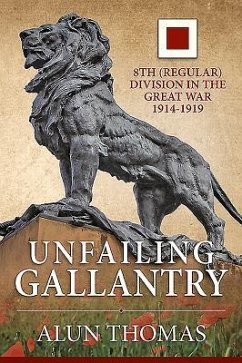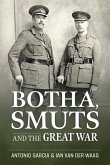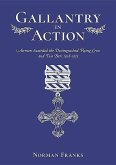"This book argues that the 8th Division, a war-raised formation made up of units recalled from overseas, became a much more effective and experienced organization by the war's end. it ruther argues that the formation did not use one solution to problems but adopted a sophisticated approach dependent on the tactical situation. This is supported by original sources including war diaries, after-action reports and the post-war correspondence with the British official historian. From its first acquainance with the peculiar nature of trench-warfare following its arrival in France in late 1914, 8th Division undertook a series of operations that attempted to break the deadlock ... by the "advance to victory" of late 1918, 8th Division was able to operate at a tempo far higher than it had achieved before. Unique selling points: first examination of the Division since the 1920s; gives the background to classic works such as General Jack's Diary and Sir John Baynes' Morale; shows that not all troops marched in lines on 1st July 1916; use of new tactics, especially in 1917-1918; e.g. "neutralsation" not "destruction."-- Page [i].
Hinweis: Dieser Artikel kann nur an eine deutsche Lieferadresse ausgeliefert werden.
Hinweis: Dieser Artikel kann nur an eine deutsche Lieferadresse ausgeliefert werden.








